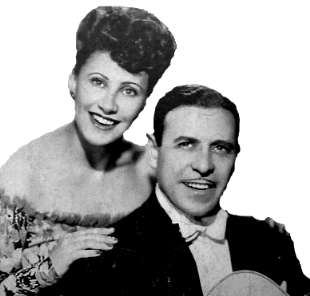Yes, the music world is divided on this week's debut single from Michelle Knight.
Most find it cringeworthy. But...a number of listeners who are now accustomed to vocoders, monotonous repetition, and simple melodies are showing tearful approval, especially since, as the lyric says, she's been through hell and back.
Even without the gruesome backstory, even if she was just a Kendall Jenner or Rowdy Ronda Rowsey, there would be people cheering, "Say, this reality star, this MMA fighter is not a bad singer! Woo hoo!"
Knight was the most troubled of the three girls who became imprisoned by Cleveland animal Ariel Castro. The grimy bus driver simply decided to harvest sex slaves from a group not likely to be missed. One reason that his reign of sexual tyranny continued for so many years is that cops seemed to assume that his victims were runaways who had become addicts or hookers. If they were buried in shallow graves it was their own fault. Few suspected they were being held captive, and none had any idea where to look for them.
When, by a fluke of luck, they were discovered and hustled away to safety, Amanda Berry and Gina DeJesus talked to reporters and seemed to have the best set of skills for reclaiming their lives and reuniting with friends or family. Knight was the first to be held captive, and spent years alone with her maniac tormentor. In 2002, only 21, she was lured to Castro's home. He told her he had a puppy for her. She didn't escape him until 2013. By then she had been beaten so often she went deaf in one ear and required constructive facial surgery. She also had five of Castro's punch-the-stomach abortions. Freedom was bitter for her; she had such a poor relationship with her own mother that she refused to see the woman. Instead, she was "adopted" by fellow victim De Jesus' family. It took a while before she was able to talk about her ordeal to reporters.
But all of that can be found elsewhere on the Net. As for the cowardly Castro, not long after he was jailed, and facing a lifetime without women to sexually torture, he hanged himself.
No, there's no reason to expect that there will be a singing career for Michelle Knight, but in a world that embraced obese Adele and Susan Boyle, and loves "reality stars," a great body or even talent can be trumped by a good story and fan empathy. The phrase "good for you" comes to mind. For a while, it seemed that Knight was the least likely to survive her traumas with any peace. Changes have come slowly, painfully, but they've come. The video she shot for "Survivor" doesn't have too many smiling images, but the triumph is that it was made at all.
"Good for you," Michelle Knight. And for those who actually like the singing, the melody or the production on this thing, well, good for you, too.
SURVIVOR Michelle Knight








